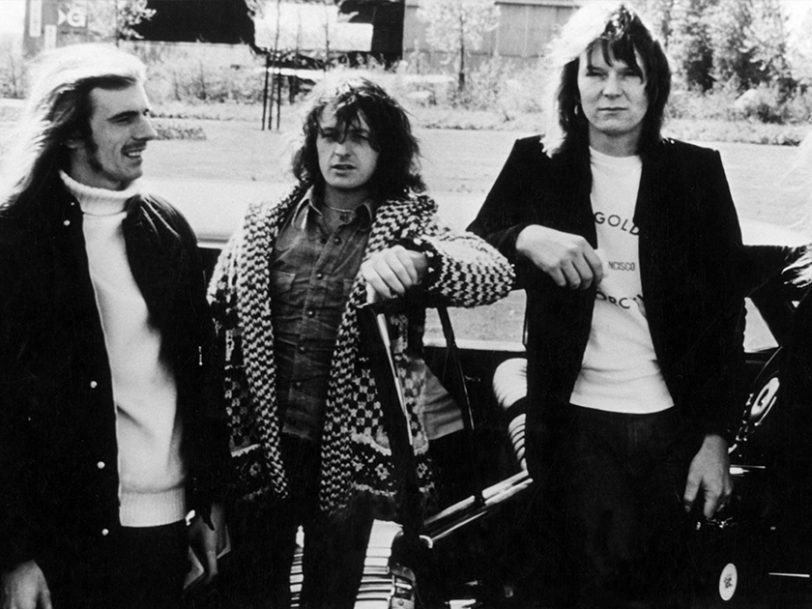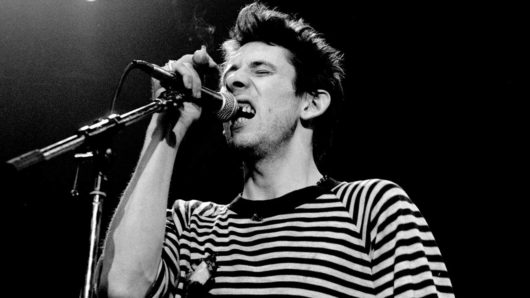Throughout their long and illustrious career, the legendary classic-rock band Yes have achieved a level of artistic and commercial success matched by few of their contemporaries. Equipped with virtuosic skills and an uncompromising creative vision, not only did Yes influence countless musicians by defining the sound of progressive rock as we know it, but their music continues to captivate generations of listeners. But who are they, and where did they come from? Our introduction to Yes will help you find out more about one of the most influential bands of all time.
Listen to the best of Yes here.
Where are Yes from?
Yes formed in London, England, and their origins can be traced back to April 1968, when singer Jon Anderson first met bassist Chris Squire at La Chasse Club on Wardour Street, in Soho. As they began writing such early Yes songs as Sweetness together, Anderson joined Squire’s psych-rock group, Mabel Greer’s Toyshop, and together they gigged around London, playing in venues such as The Marquee and The UFO Club with the band’s founder, guitarist and singer Clive Bayley.
While bandmates Peter Banks and Robert Hagger splintered off to embark on new ventures, drummer Bill Bruford responded to a Melody Maker advert and met with Anderson, Squire and Bayley to rehearse in the Lucky Horseshoe Café on Shaftesbury Avenue. It was only after Tony Kaye’s arrival and Clive Bayley’s departure that they decided to change the band’s name and call themselves Yes.




